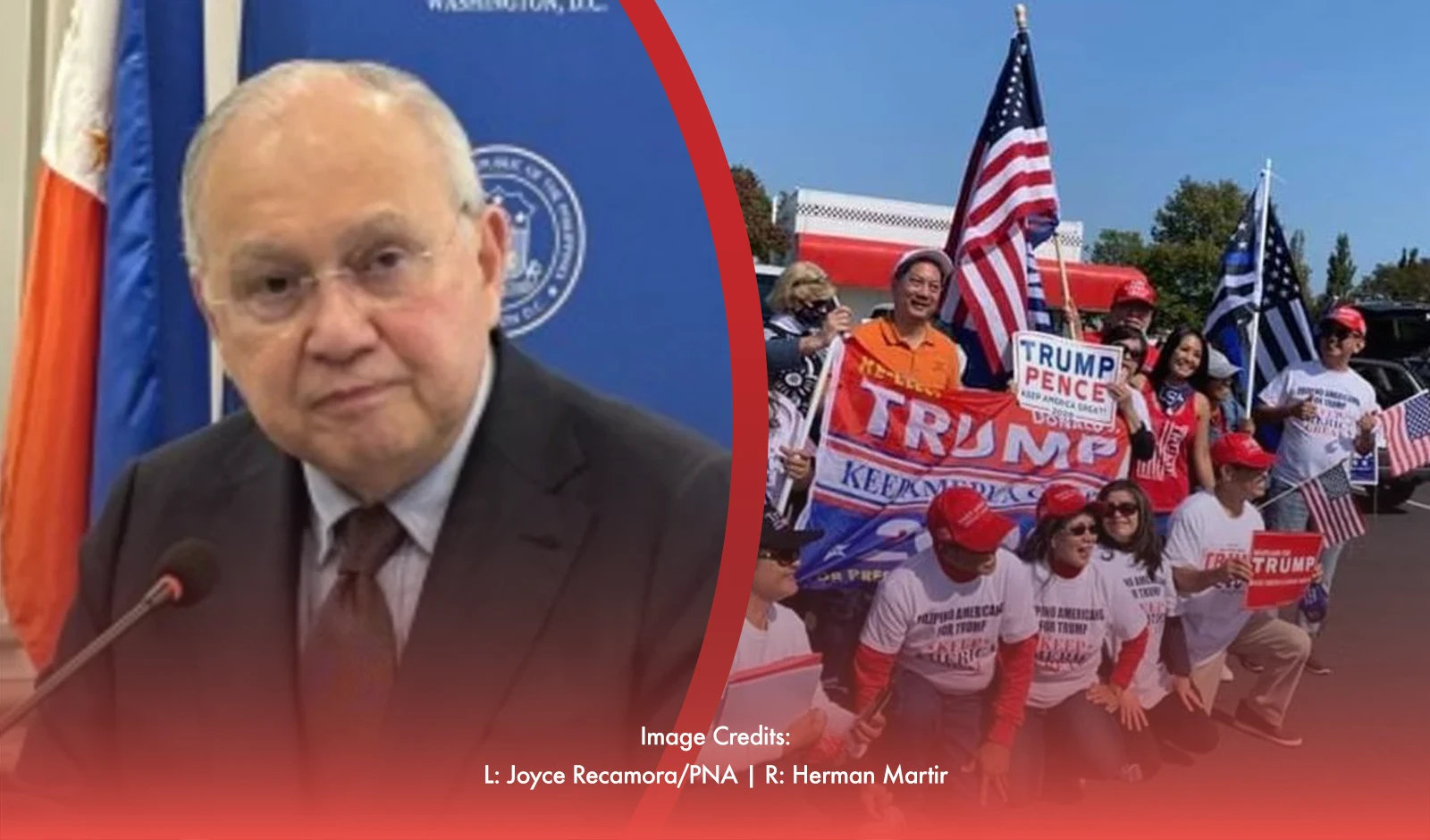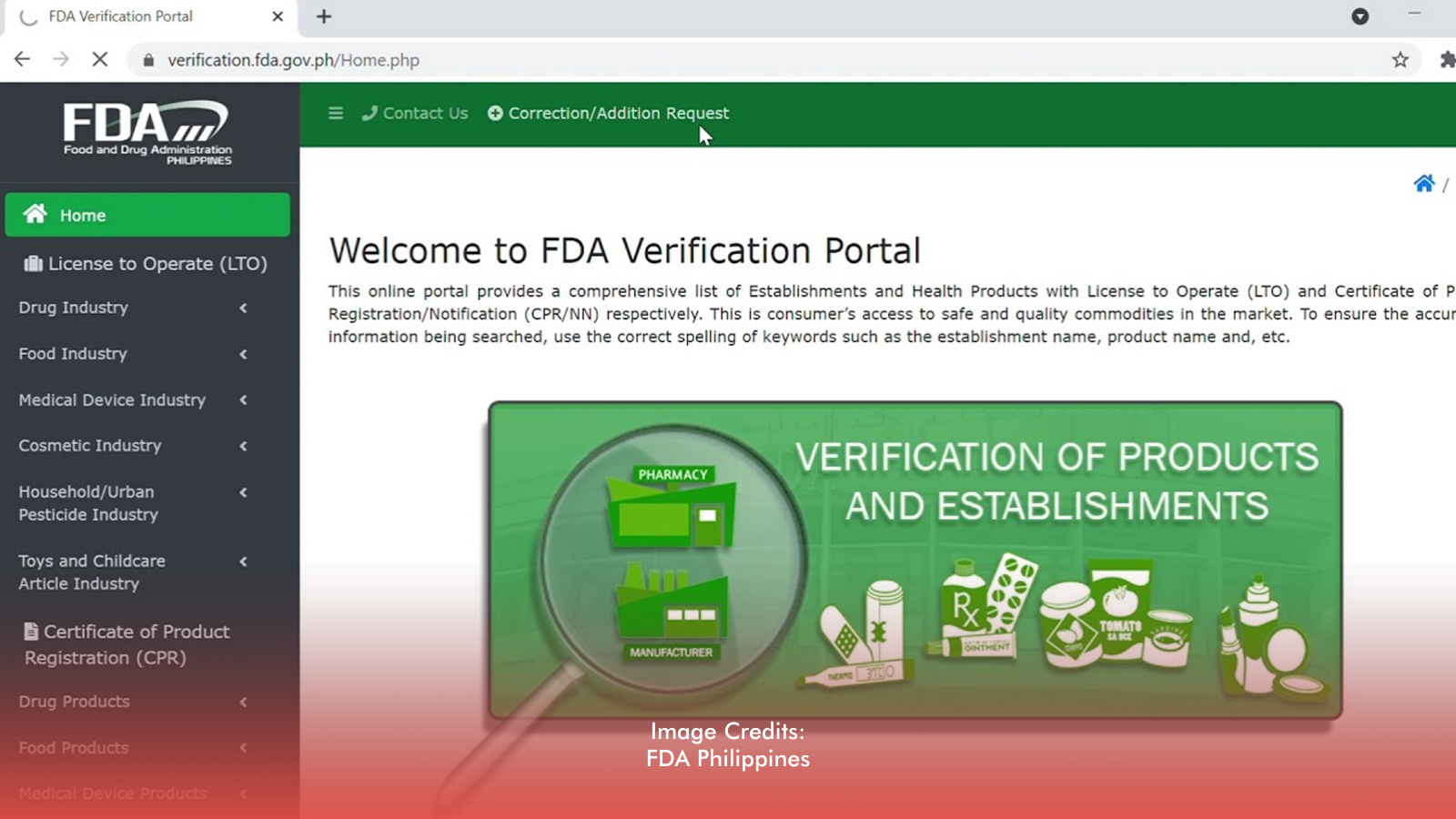As President-elect Donald Trump’s second term draws near, the Philippine Embassy in the U.S. is preparing to support the estimated 250,000 to 350,000 undocumented Filipinos who could be affected by his proposed mass deportation policy. With the promise of the largest deportation operation in U.S. history, the embassy is taking steps to ensure Filipinos are informed and prepared for what may lie ahead.
Preparing for the Impact
In response to the looming threat of mass deportations, Philippine Ambassador to the U.S. Jose Manuel "Babe" Romualdez revealed that the embassy will hold a planning session with consulates in early December to strategize on how to assist Filipinos at risk. The focus will be on understanding the specifics of Trump’s deportation plan so the embassy can provide clear guidance on available legal options.
Romualdez explained that while some Filipinos might qualify for legal relief, others may face difficult decisions. “If there’s no legal pathway for you to stay, it might be better to leave voluntarily,” he advised, stressing that deportation could result in a permanent ban from reentering the U.S.
Trump’s Immigration Agenda
Trump’s stance on immigration has been one of the most controversial aspects of his political career. Throughout his campaign, he pledged to tackle undocumented immigration aggressively, describing it as a threat to national security and the economy. His rhetoric has often been harsh, focusing on exaggerated claims about the crime and burden posed by immigrants.
Despite evidence showing that immigrants commit fewer crimes than U.S.-born citizens, Trump has continued to stoke fear and division around the issue. His mass deportation plan will likely affect a wide range of undocumented immigrants, including many Filipinos who have lived in the U.S. for years.
Legal Assistance and Next Steps
The Philippine Embassy has committed to offering legal support, working with immigration lawyers to assess individual cases and determine the best course of action. For many, the embassy is a crucial resource in navigating the complex U.S. immigration system. Romualdez’s message is clear: Filipinos should seek legal advice promptly and act quickly to avoid the risks associated with deportation.








